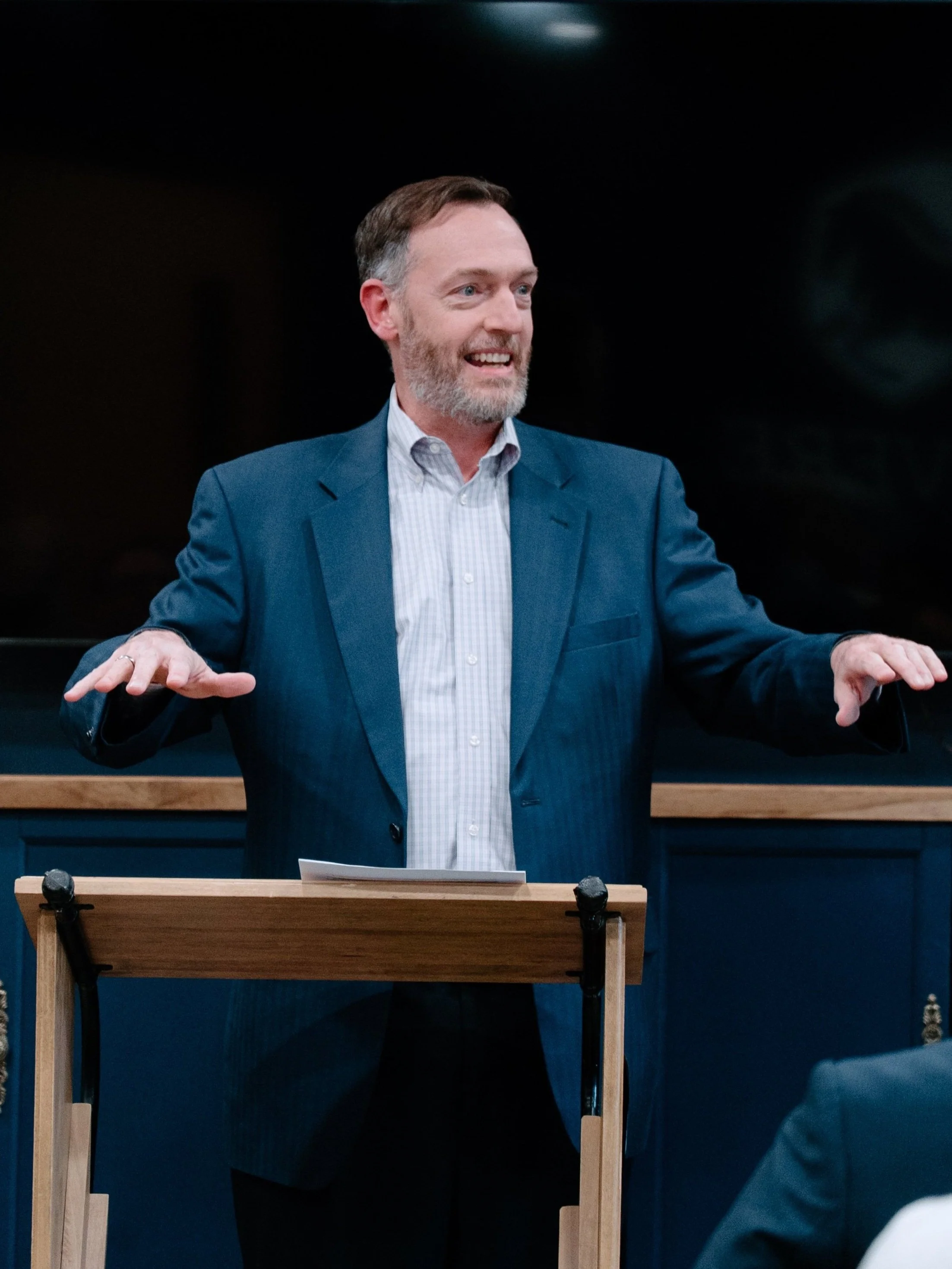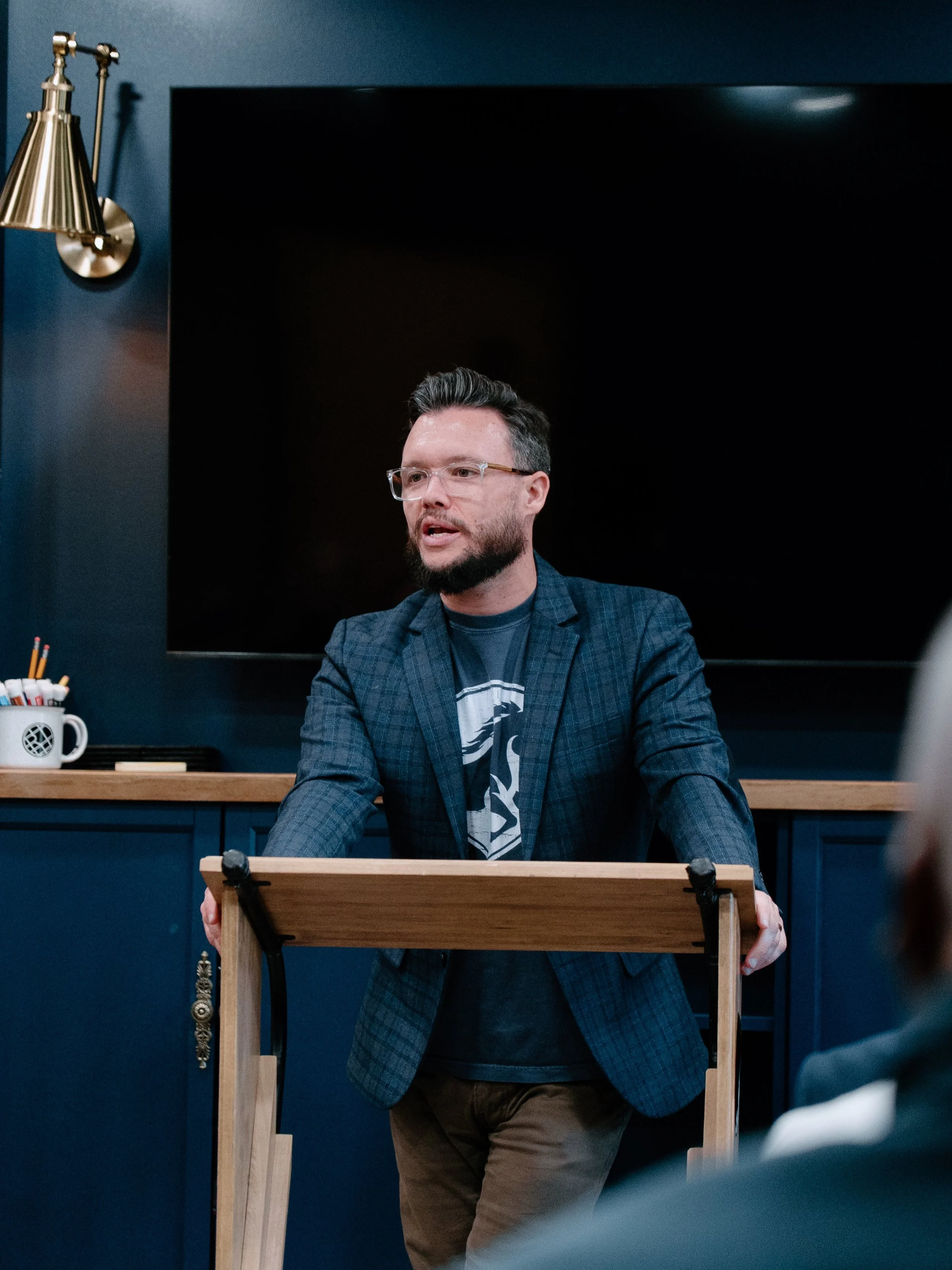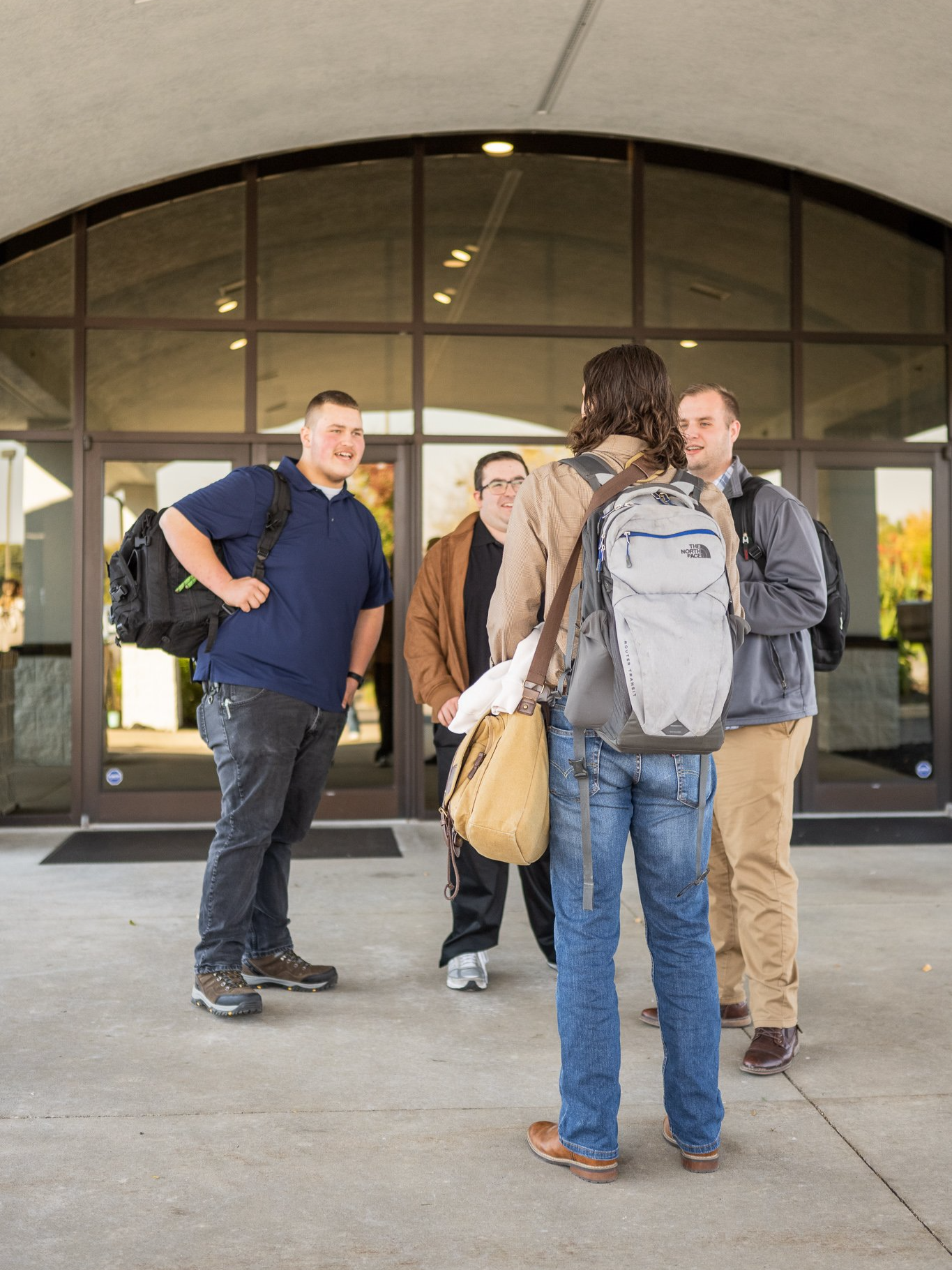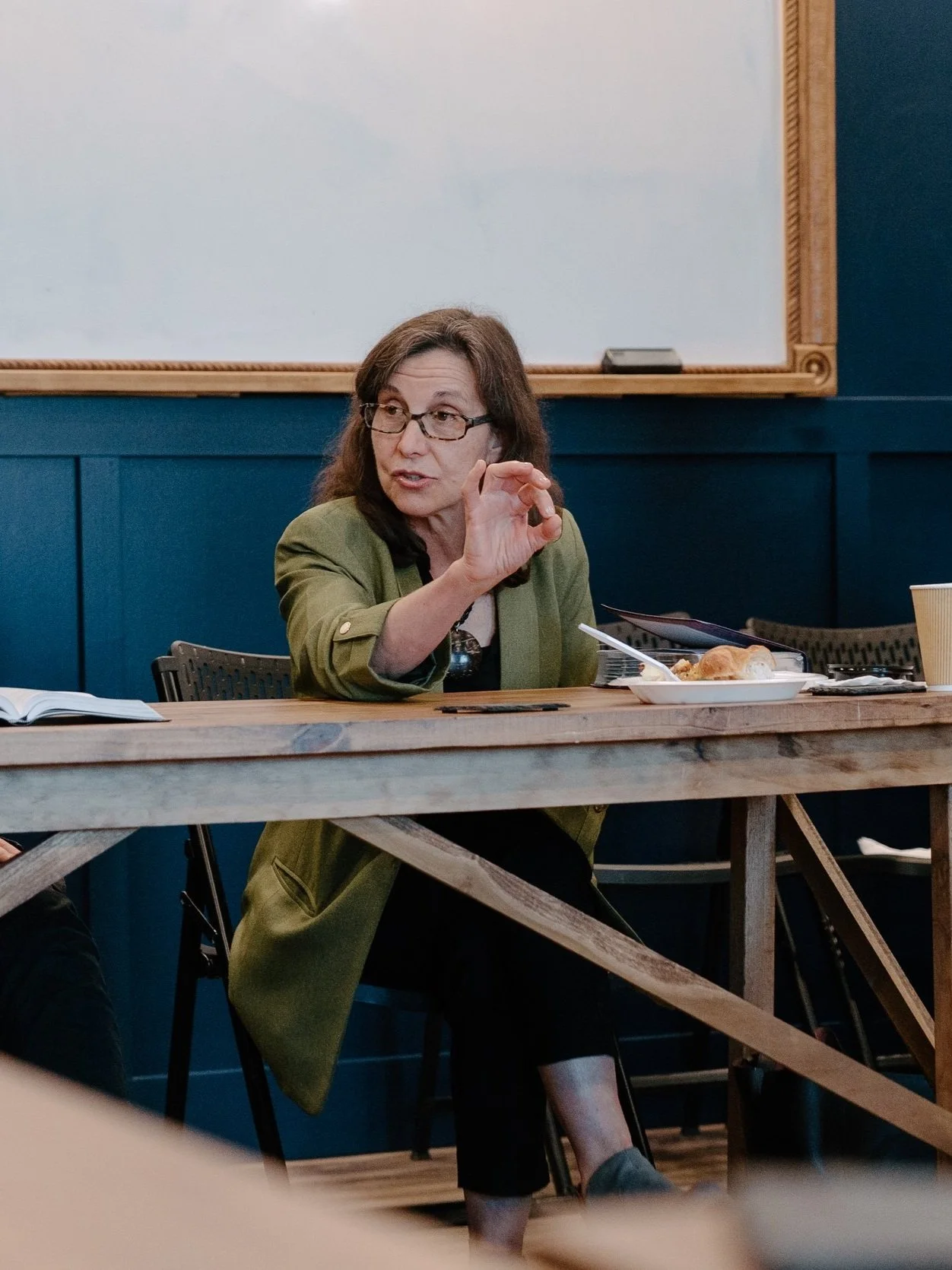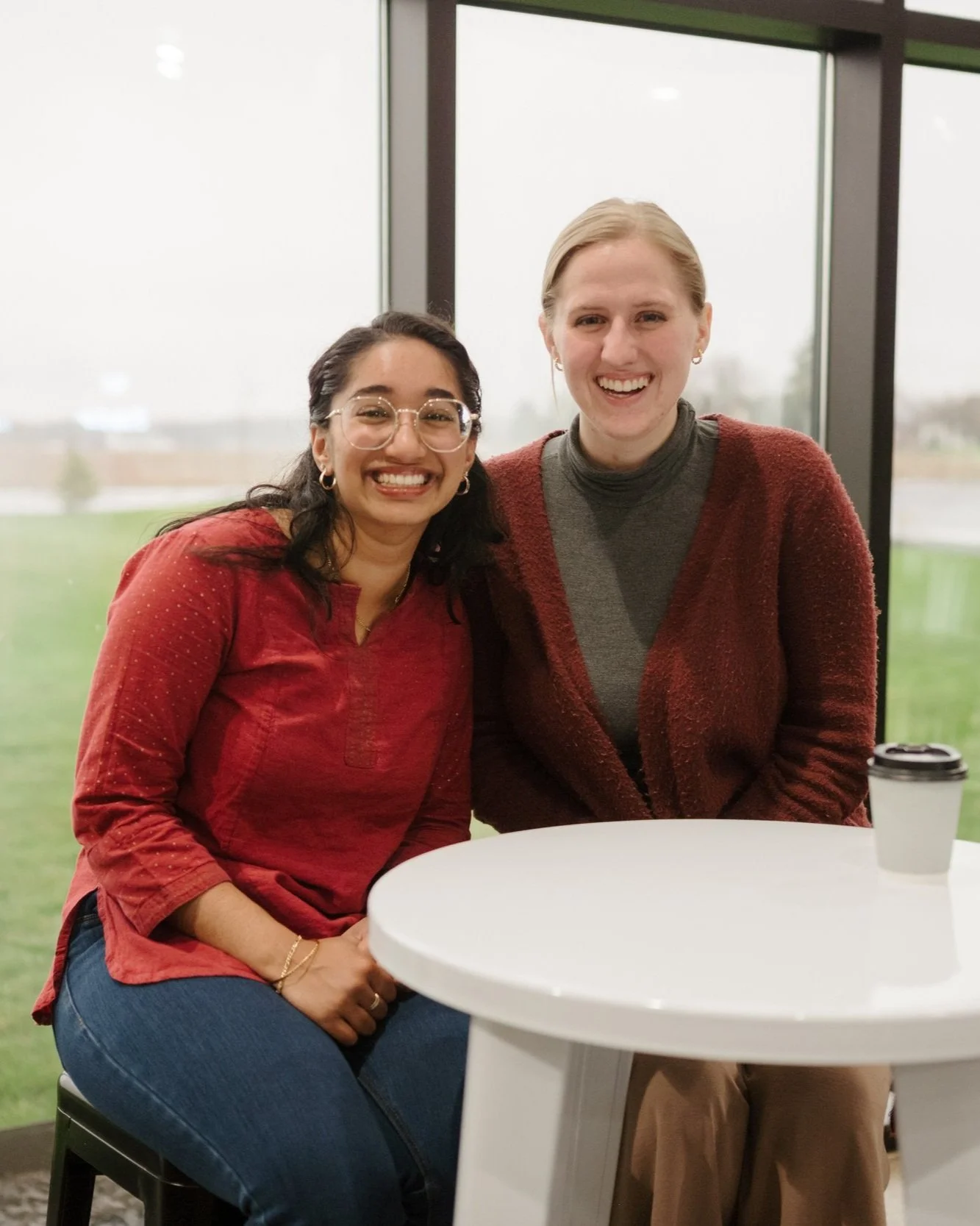
The Revere Way
Don’t just do college.
Get ready for the ride of your life.
Christian. Conservative. Character First. Calling-Oriented.
Christian. Conservative. Character First. Calling-Oriented.
Need more?
No socialism.
No stupid classes.
No student debt.
Who is Revere for?
BUSINESS
Be spiritually and practically equipped for a life of ministry. Take the Revere Way.
ENTREPRENEURSHIP
Want to work for yourself? Ready to start your own business? The Revere Way will get you there.
MINISTRY
Ready to lead? Ready to grow your business? Learn the Revere Way.
I DON’T KNOW
Many students don’t know what they want to do right away. The Revere Way helps them gain skills for any path ahead.
The Classes You’ll Take
No stupid classes. No wasted time.
THEOLOGICAL STUDIES
CONSERVATIVE STUDIES
SELF-LEADERSHIP
ORGANIZATIONAL LEADERSHIP
Ministry
Looking to be spiritually and practically equipped for a life of ministry? Learn the Revere Way.
COURSE HIGHLIGHT
BIBLE OVERVIEW I & II
These courses will help students to develop a solid doctrinal foundation using Wayne Grudem’s textbook, Systematic Theology. They highlight areas where discussion is necessary to maintain our post-denominational values while simultaneously teaching from a traditional, protestant position.
SYSTEMATIC THEOLOGY I & II
COURSE HIGHLIGHT
In these theology courses, students are guided through the Old and New Testaments, gaining insight into the languages, culture, history, and authors behind all 66 books of the Bible.
CHURCH MINISTRY & LEADERSHIP
COURSE HIGHLIGHT
This class will focus on the three primary roles of the pastor - shepherd, preacher, and leader. Using a textbook from school founder, Steven Whitlow, the class will break down the main responsibilities of the modern pastor while also teaching the practical how-tos of church management. In this class, students will be equipped to effectively engage in every level of ministry.
WEEKLY CHAPEL
At Revere, every professor is a committed Christian who teaches with a heart for ministry. They help students understand each subject through a biblical lens and apply it to real-life ministry with clarity and conviction.
INTERNSHIP
Ministry students gain real-world experience through church internships, growing under trusted leaders and putting their training into practice as they prepare for a life of faithful service.
CHRISTIAN PROFESSORS
Weekly chapel at Revere is a time to grow spiritually, connect with the community, and deepen your faith. It’s an opportunity to worship, hear God’s Word, and be encouraged as you prepare for ministry and life.
Want more options?
Looking for a more flexible option? Check out our Ministry Track which only includes classes that are especially geared toward be prepared to go into ministry.
Business
Ready to lead? Ready to grow your business? Learn the Revere Way.
COURSE HIGHLIGHT
LEADERSHIP I & II
Revere’s accounting class gives future business owners the confidence to manage their finances with wisdom and integrity. Students learn the essentials of budgeting, bookkeeping, and financial decision-making. It's a foundational course for anyone who wants to build a sustainable, God-honoring business.
COURSE HIGHLIGHT
ACCOUNTING
Leadership I & II courses equip students to lead with both character and competence. In Leadership I, students develop a strong foundation rooted in biblical principles and a clear sense of calling. Leadership II builds on that by teaching the practical skills needed to lead teams, cast vision, and make wise decisions.
COURSE HIGHLIGHT
MARKETING
This class gives future business owners the tools to stand out in a crowded world. From branding basics to digital strategy, students learn how to reach the right people with the right message while staying rooted in Christian values. It’s practical, hands-on, and essential for anyone serious about starting or growing a business.
INTERNSHIP
Internships give students experience in real workplaces, helping them apply what they’ve learned in class to actual business settings. It’s a chance to build skills, grow professionally, and learn what it takes to lead with excellence and integrity.
IN-FIELD PROFESSORS
At Revere, students learn from in-field professors—not just textbooks. Our instructors are active leaders in business and ministry, bringing real-world experience into every lesson. That means students get practical, relevant training from people who are living what they teach.
Want more options?
LOCAL LEADER LUNCHEON
Revere’s regular Local Leader Luncheons give business students direct access to local Christian leaders—offering valuable insight, real-world advice, and meaningful networking all in one setting.
As a professor of Organizational Leadership at Revere Bible College, I have seen firsthand how this program is uniquely designed to equip students with both a strong biblical foundation and the practical tools necessary to lead effectively in business and ministry. Rooted in the conviction that work itself is a God-given mandate to cultivate, steward, and bless creation, the curriculum challenges students to engage and develop their gifts and calling in service to others. Courses emphasize essential leadership principles such as guiding and inspiring teams, fostering healthy organizational cultures, and stewarding resources with integrity. By combining rigorous study of organizational best practices—including project and time management, strategic planning, and effective communication—with a Christ-centered approach to vocation, Revere helps students see their work as an opportunity to honor God and make a lasting impact in any industry. The staff bring decades of leadership experience and continue to actively practice in their fields, blending real-world insight into the classroom and remain committed to walking alongside students as they learn to integrate their faith with professional excellence.
- Logan Scheurer, Professor of Organizational Leadership
Looking for a more flexible option? Check out our Business Track which only includes classes that are especially geared toward success in business.
Entrepreneurship
Want to work for yourself? Grow your business? Learn the Revere Way.
COURSE HIGHLIGHT
SELF DISCIPLINE
Leadership I & II courses equip entrepreneurial students to lead with character and competence. Leadership I builds a foundation rooted in biblical principles and a clear sense of purpose. Leadership II focuses on practical skills like team leadership, vision casting, and wise decision-making.
COURSE HIGHLIGHT
LEADERSHIP I & II
Self-Discipline class is essential for aspiring entrepreneurs, teaching students how to build the habits and mindset needed to stay focused, overcome challenges, and lead their business with perseverance and integrity.
COURSE HIGHLIGHT
MARKETING
Revere’s marketing class gives future business owners the tools to stand out in a crowded world. From branding basics to digital strategy, students learn how to reach the right people with the right message while staying rooted in Christian values. It’s practical, hands-on, and essential for anyone serious about starting or growing a business.
BUSINESS INCUBATOR
Revere’s Business Incubator guides students step-by-step to launch and grow their own businesses. With hands-on support, mentorship, and practical resources, it’s designed to turn ideas into thriving, faith-driven enterprises.
MENTORSHIP
Students are connected experienced business leaders who provide guidance, encouragement, and practical advice. This relationship helps students navigate challenges, sharpen their skills, and grow their ventures with confidence and integrity.
LOCAL LEADER LUNCHEON
Revere’s regular Local Leader Luncheons give business students direct access to local Christian leaders—offering valuable insight, real-world advice, and meaningful networking all in one setting.
Want more options?
Looking for a more flexible option? Check out our Business Track which only includes classes that are especially geared toward success in business.
I Don’t Know
Many students don’t know what they want to do right away. Gain skills for any path ahead.
COURSE HIGHLIGHT
BIBLE OVERVIEW I & II
In these theology courses, students are guided through the Old and New Testaments, gaining insight into the languages, culture, history, and authors behind all 66 books of the Bible.
COURSE HIGHLIGHT
SELF DISCIPLINE
Self-discipline is valuable for every student, no matter their path. It helps build the habits, focus, and personal responsibility needed to succeed in school, work, and life. Rooted in biblical wisdom, this class lays the groundwork for lasting growth and leadership.
COURSE HIGHLIGHT
LEADERSHIP I & II
Leadership I & II courses are perfect for students still exploring their calling. Leadership I helps students discover their purpose and build a strong foundation of character through biblical principles. Leadership II equips them with practical leadership skills like communication, decision-making, and team dynamics.
WEEKLY CHAPEL
Weekly chapel at Revere is a time to grow spiritually, connect with the community, and deepen your faith. It’s an opportunity to worship, hear God’s Word, and be encouraged as you prepare for ministry and life.
CHRISTIAN COMMUNITY
GODLY MENTORSHIP
At Revere, students are surrounded by godly mentors who walk with them through every season, especially as they’re figuring out what’s next. These relationships offer wisdom, encouragement, and guidance rooted in faith, helping students grow in confidence as they seek God’s direction for their future.
At Revere, students step into a strong Christian community where faith, friendship, and growth go hand in hand. For those still figuring out their path, being surrounded by like-minded peers and leaders creates a supportive environment to ask questions, build lasting relationships, and grow closer to God.
“Revere Bible College has been designed for the student who is ready to build a biblical foundation for both academics and career planning. The curriculum's carefully formatted course sequence removes the guess work for students who may be unsure of where to start and which courses to take. Each semester offers a balanced workload while intentionally building on prior coursework to guide the learner towards a deeper understanding of Christ and self. This knowledge is contextualized in the framework of living a life of purpose, and students are guided in career and vocational planning. Graduates of Revere enjoy the satisfaction of having a firm foundation from which to step out into their God given gifts and callings.”
- Dr. Deanna Lamb, Chief Academic Officer
Want to learn more?
Learn about our Diploma Program and the next steps you can take with Southeastern University.

Get started at Revere
Don’t just go to college, get ready for the ride of your life.




